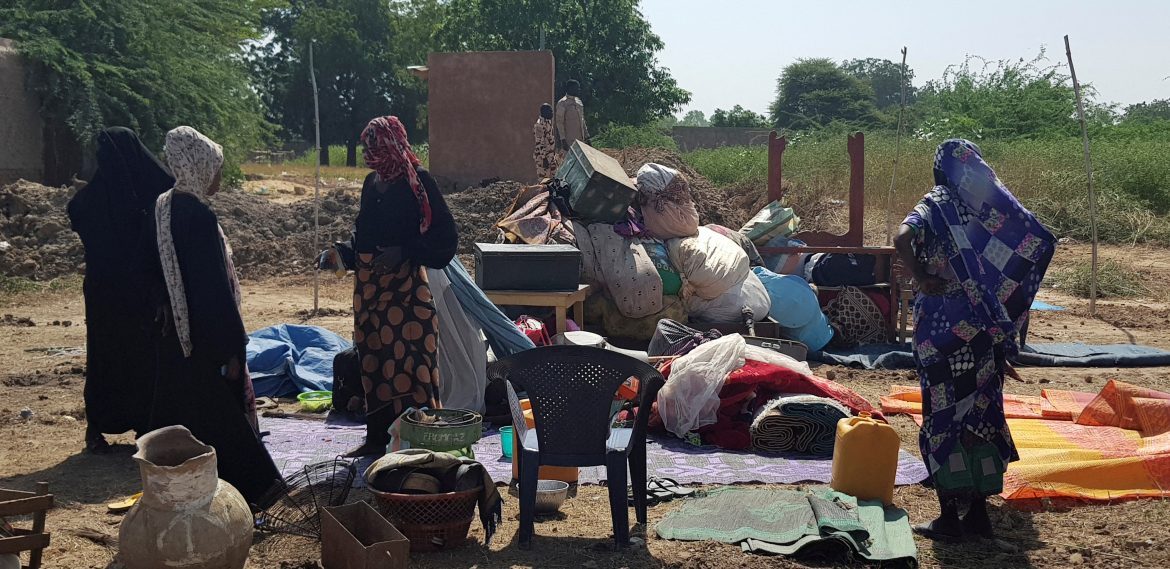The World Bank announced on Thursday that it has authorized a grant of $150 million to assist Chad in lowering the danger of floods and bolstering urban planning.
Chad experienced its highest seasonal rainfall in over 30 years in 2022, which made portions of the capital N’Djamena only accessible by boat and prompted thousands of people to evacuate their inundated houses.
President Mahamat Idriss Deby of the nation in central Africa proclaimed a state of emergency and put a plan in place to respond to the situation by offering food, shelter, and sanitary facilities.
According to a statement from the World Bank, floods in the city’s capital highlighted the necessity of spending money on emergency response, better urban drainage systems, and protective infrastructure.
Read Also: ifc-to-stop-supporting-new-coal-projects-campaigners-hail-decision
“The long-term vision of this project is to transform N’Djamena into a more resilient, green and sustainable city,” said Clara De Sousa, World Bank country director for Chad.
The statement added the project aims to establish a long-term partnership between the government of Chad, the city of N’Djamena, the World Bank and other partners working on this issue.
Floods are not uncommon during the central African country’s rainy season, which usually runs from May to October in its central and southern regions. But last year, the rains came early and were more abundant, quickly overwhelming drainage channels and ponds.
Story adapted from WHBL
